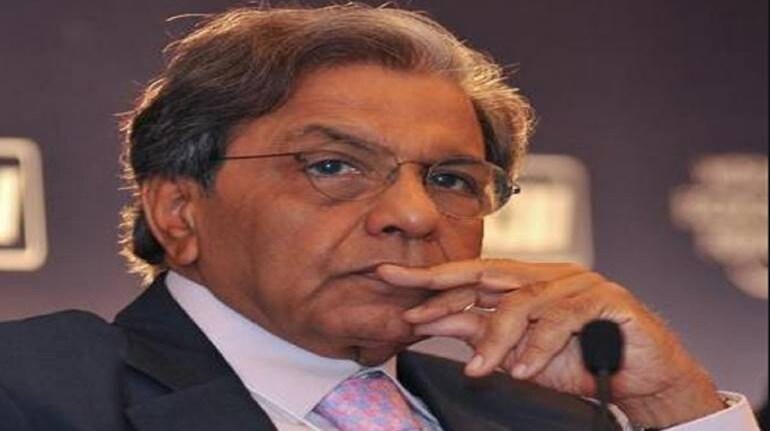



NK Singh, Chairman of the Fifteenth Finance Commission, called for a review of the Seventh Schedule of the Constitution which forms the basis for allocating subjects to the Centre and States.
Speaking at the CII Global Economic Policy Summit on November 17, Singh said, " There is now a new necessity to look at a new architecture of the Seventh Schedule based on the needs of contemporary challenges, and based on an arrangement which is the best designed to maximise the productivity of India as a whole."
Singh further noted that the Seventh Schedule of the Constitution has become increasingly opaque over the years.
Commenting on the government's policy of cooperative federalism, Singh called for the benchmarking of states on several parameters like education, health, ease of doing business etc in order to induce a sense of competition and propensity among the states to improve and emulate better examples for maximising public good.
He however noted that the states should not indulge in competitive federalism as it would undo the benefits of cooperative federalism and affect the overall macroeconomic stability.
Commenting on GST's impact on the Centre-State relations, Singh said, "GST is one of the most shining examples of cooperative federalism."
He further noted that GST is a classic case of pooled autonomy for the larger public good.
"GST council pools together financial functions of parliament while state assemblies act in concert. It's a great example of how beneficial pooling of powers can be in an overall federal structure," remarked Singh.
Commenting on some of the work that needs to be done by the GST Council, Singh said that the Council needs to arrive at a revenue-neutral rate and should do away with the inverted duty structure of rate rationalisation.
Discover the latest Business News, Sensex, and Nifty updates. Obtain Personal Finance insights, tax queries, and expert opinions on Moneycontrol or download the Moneycontrol App to stay updated!